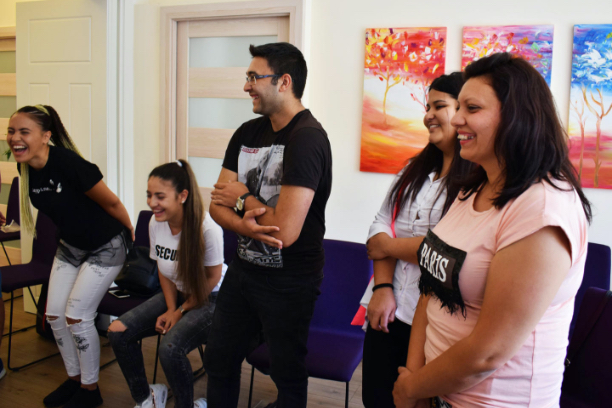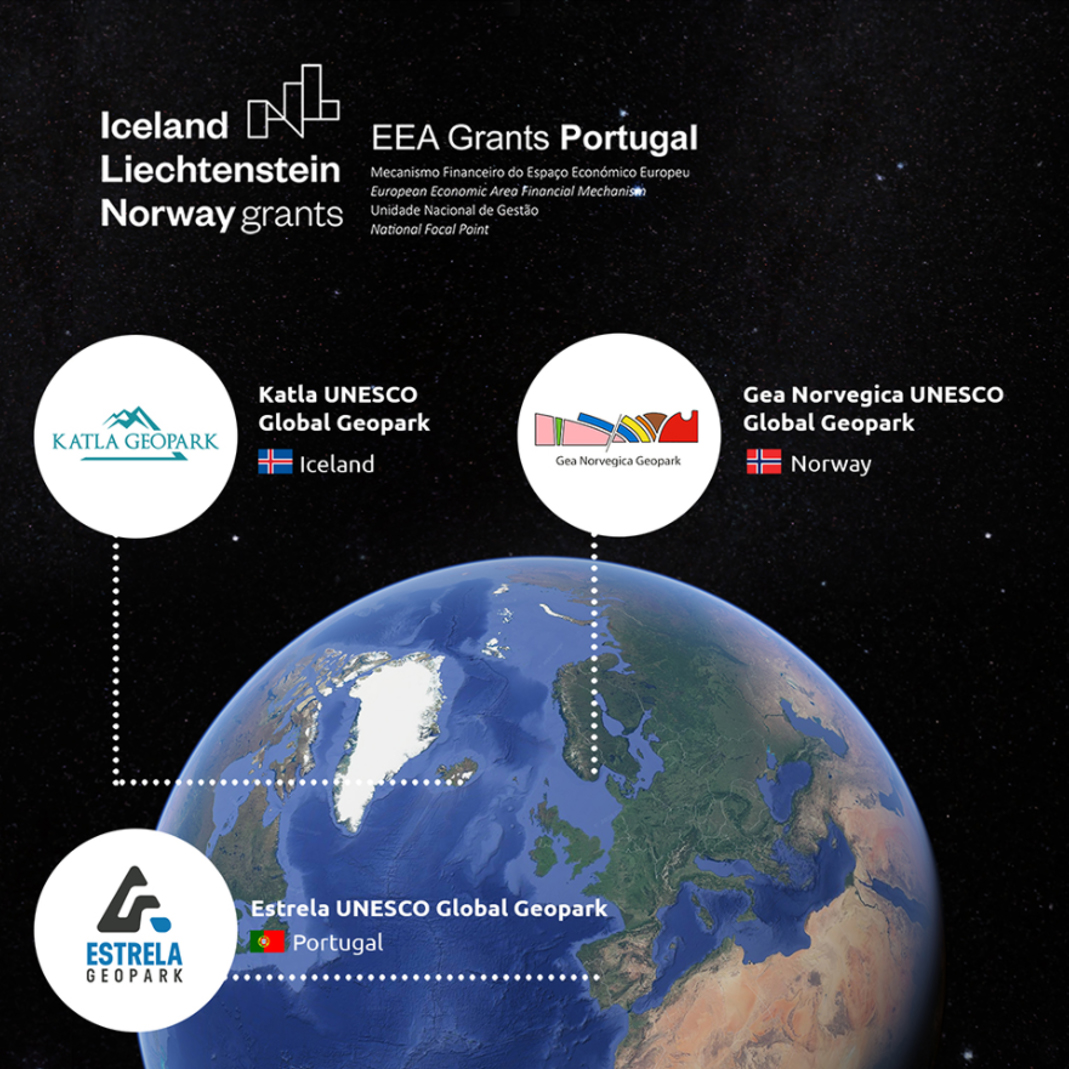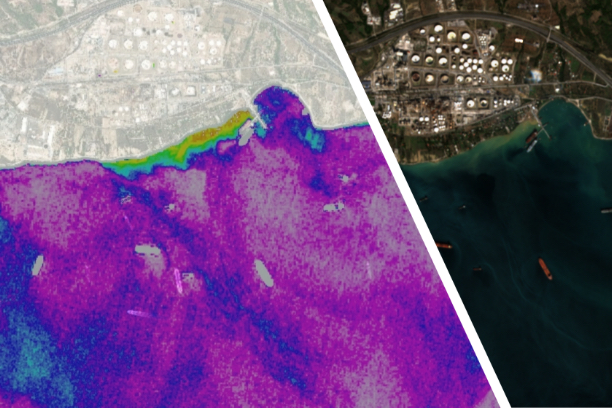To ensure that the EEA and Norway Grants programmes address truly critical challenges and achieve their results, programmes are designed with results-based management principles in mind. The following section offers a peek into the achievements of the Grants for the 2014-2021 funding period so far.
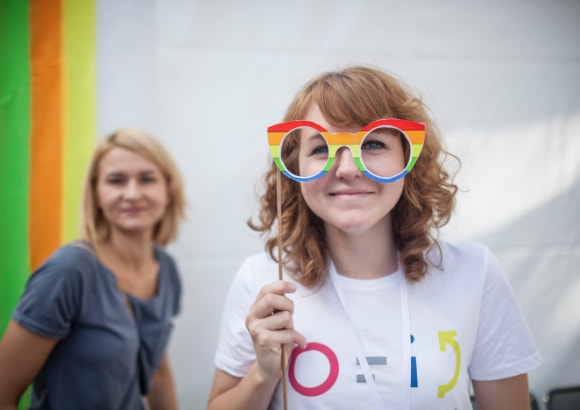
580 000+ People involved in civil society organisation activities1
Planned (2014-2021)340 000+
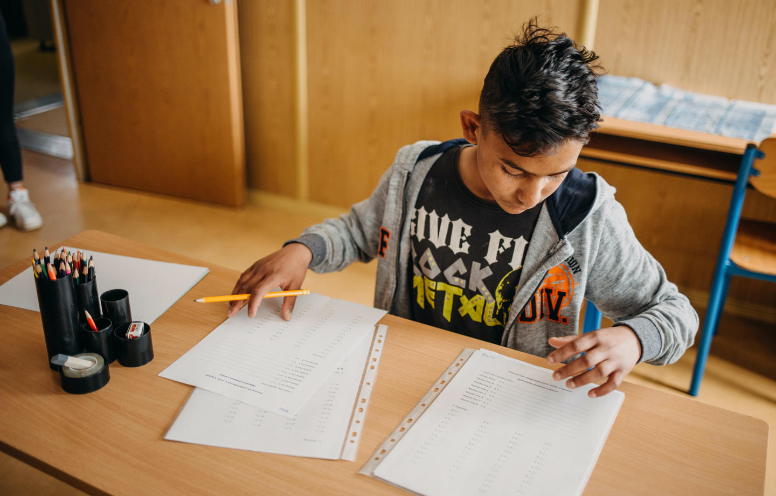
100 000+
Vulnerable individuals reached
by empowerment measures1
Planned (2014-2021)34 000+
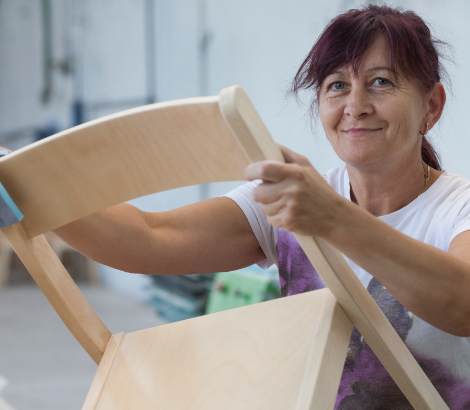
600+ Jobs created2
Planned (2014-2021)5 300+
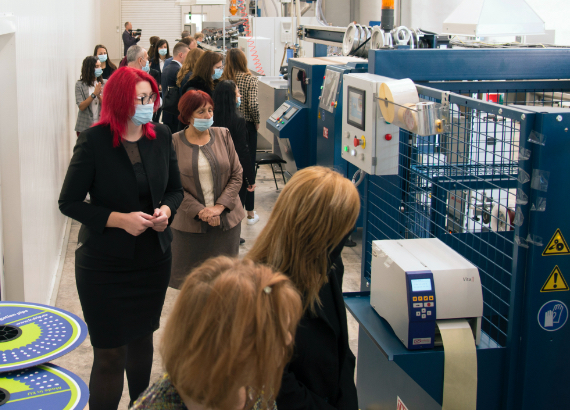
280+ Small and medium-size enterprises supported3
Planned (2014-2021)1 000+
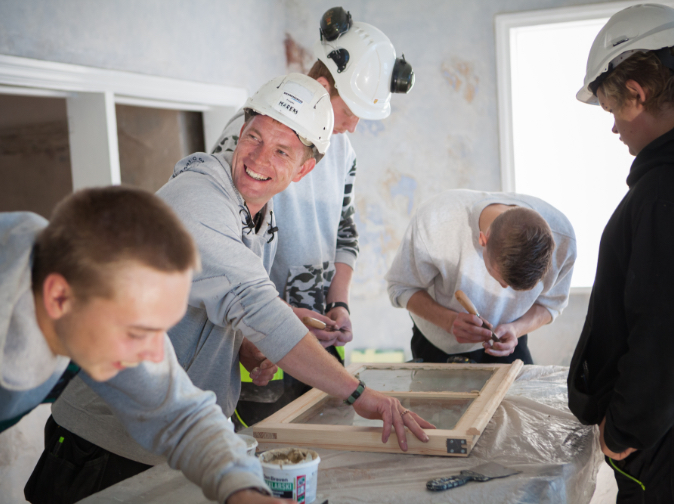
700+
projects with a Donor
Project Partner supported5
Planned (2014-2021)1 800+
1 100+ Researchers supported4
Planned (2014-2021)2 100+
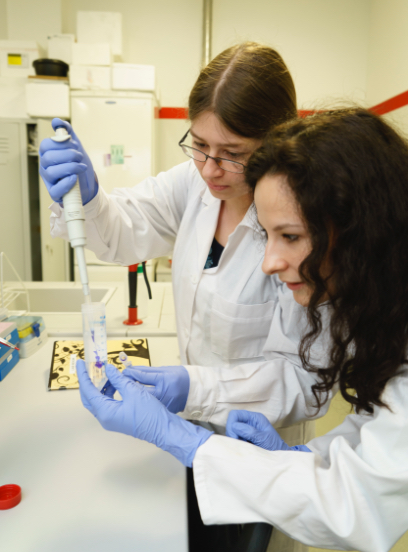
- 1. EEA Grants only.
- 2. Out of 609 jobs, 395 were created with support from the EEA Grants, and 214 from the Norway Grants.
- 3. Out of 288 SMEs supported, 200 were funded by the EEA Grants, and 88 by the Norway Grants.
- 4. Out of 1100 researchers supported, almost 500 were funded by the EEA Grants, and 600+ by the Norway Grants.
- 5. Out of 729 projects with partners from the Donor States, 114 partnered up with entities from Iceland, 6 from Liechtenstein and 656 from Norway.
